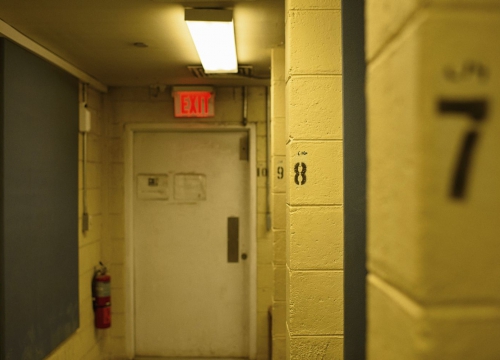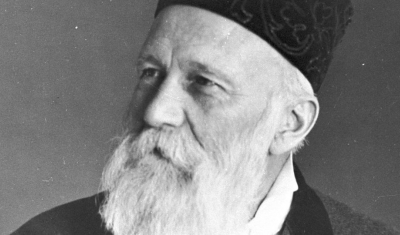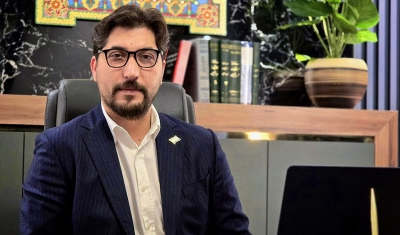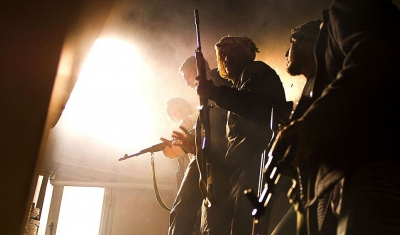Preventing and Combating Terrorism


ICRC
Descriptive
Since the 9.11 attacks, and with the multiplication of terrorist attacks on European soil, terrorism is considered one of the most important security threats the international community has to face. To what extent may states limit and/or derogate from their international human rights obligations in order to prevent and counter terrorism and thus protect persons under their jurisdiction? Which and whose human rights are at risk when states fight terrorism? What are the human rights challenges posed by the United Nations counter-terrorist sanctions regime? In which circumstances may lethal force – including drone strikes – be used against alleged members of terrorist groups or so-called ‘lone wolves’? Which international law rules apply in relation to the internment/detention and interrogation of persons accused of terrorism?
These are some of the key issues discussed in this short course, addressing several rights including the right to life, the right to liberty, the prohibition of torture, the right to property, and freedom of movement. Although the course is mainly human rights oriented, other international legal frameworks such as jus ad bellum and international humanitarian law will be touched upon. Recent trends in counter-terrorism, such as the preventing and countering violent extremism agenda, will be discussed in light of their human rights impact.
Online
This is an online short course.
Schedule
Classes will take place online during lunchtime on:
- Thursday, 24 April 2025, 12:00-14:00h (CET)
- Friday, 25 April 2025, 12:00-14:00h (CET)
- Friday, 2 May 2025, 15:00-17:00h (CET)
- Wednesday, 7 May 2025, 15:00-17:00h (CET)
- Thursday, 8 May 2025, 15:00-17:00h (CET)
- Tuesday, 13 May 2025, 15:00-17:00h (CET)
Audience
This short course forms part of the Geneva Academy Executive Master in International Law in Armed Conflict. It is open to professionals – diplomats, lawyers, legal advisers, judges, NGO staff, human rights advocates, media specialists, professionals working in emergency situations, UN staff and staff from other international organizations – who are not enrolled in the Executive Master and who want to deepen their expertise in this specific issue.
Fee
The fee for this online short course is 1,250 Swiss Francs. In case of cancellation by the participants, CHF 200 won't be returned.
Certificate
Participants obtain a certificate at the end of the course (no ECTS credits are gained).
How to Apply
Applications must be submitted via this online form.
If you encounter problems with your application, do not hesitate to contact us.
Your application will need to include:
- A short motivation letter (no more than one page)
- Your curriculum vitae
- Proof of your competence in English (a certificate or statement highlighting your solid background in English)
Once admitted to the course, participants receive instructions on how to pay. Proof of payment is required before you begin the course.









